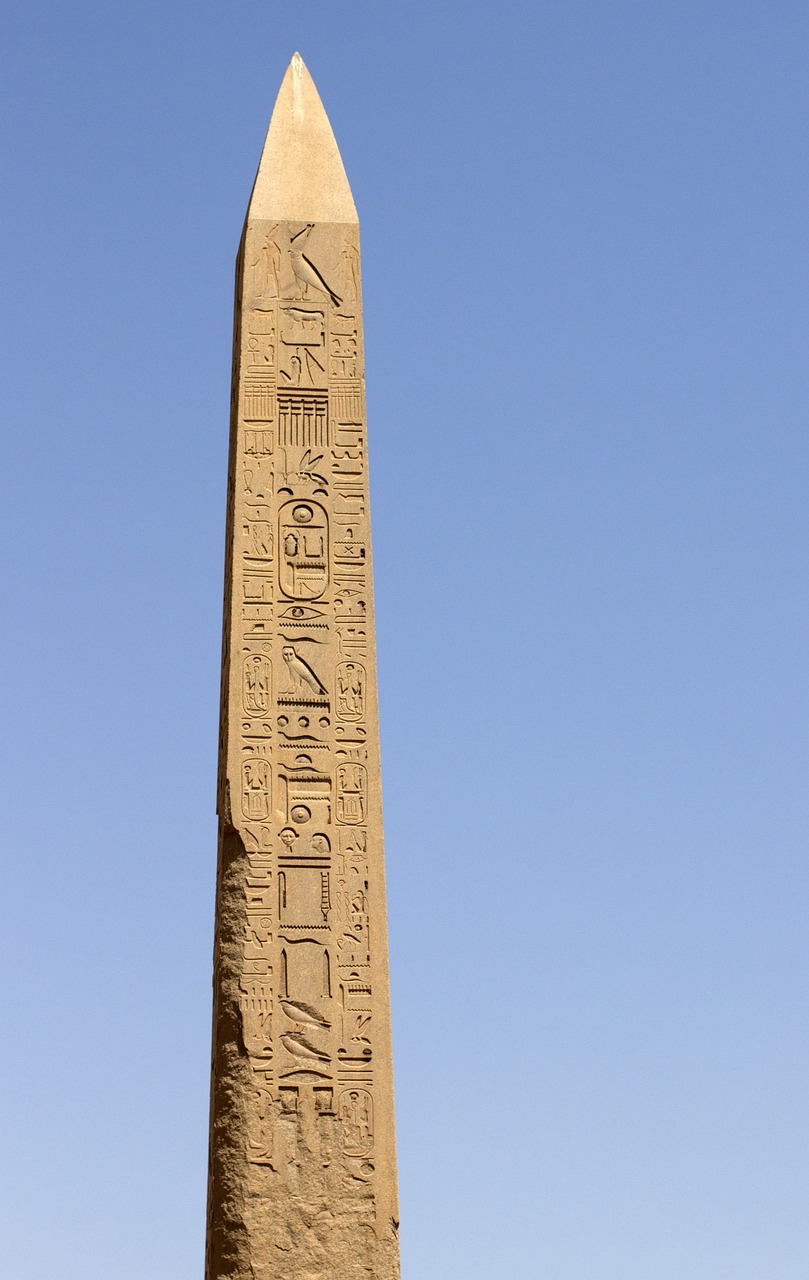Egypt Video
Maintaining Work-Life Balance in Egypt
Maintaining a healthy work-life balance is crucial for overall well-being and happiness. In Egypt, where work can be demanding and the culture places importance on family and social connections, finding the right balance can be challenging. However, with proper strategies and prioritization, it is possible to achieve harmony between work and personal life. This article will explore various aspects of maintaining work-life balance in Egypt and provide practical tips for achieving it.
Understanding the Egyptian Work Culture
To effectively achieve work-life balance in Egypt, it is essential to understand the country’s work culture. Egyptians typically have a strong work ethic and often work long hours. The concept of work-life balance is still evolving, and many individuals prioritize work over personal life. However, there is a growing recognition of the importance of maintaining a healthy balance.
- Flexible Working Hours: Some companies in Egypt offer flexible working hours, allowing employees to tailor their schedules to their personal needs. This flexibility can help individuals manage their work and personal commitments more effectively.
- Importance of Family: Family is highly valued in Egyptian culture, and individuals often prioritize spending time with their loved ones. Employers are increasingly recognizing the significance of family and providing benefits such as parental leave and family-friendly policies.
- Work-Life Integration: In Egypt, there is often an overlap between work and personal life. It is common for colleagues to socialize outside of work hours, fostering strong relationships and a sense of community. This integration can help individuals find a balance between work and personal life.
Setting Boundaries and Prioritizing
To maintain work-life balance in Egypt, it is crucial to set clear boundaries and prioritize effectively. Here are some strategies to consider:
- Establish Clear Work Hours: Define your work hours and communicate them to your colleagues and superiors. This will help create a clear separation between work and personal life.
- Delegate and Seek Support: Learn to delegate tasks and seek support from colleagues or family members when needed. This will help reduce stress and prevent burnout.
- Identify Priorities: Determine your personal and professional priorities and allocate time accordingly. Focus on activities that align with your values and goals.
Practicing Self-Care
Taking care of yourself is essential for maintaining work-life balance. In Egypt, where work can be demanding, it is crucial to prioritize self-care. Here are some self-care practices to consider:
- Exercise Regularly: Engage in physical activities that you enjoy, such as walking, swimming, or practicing yoga. Regular exercise can help reduce stress and improve overall well-being.
- Prioritize Sleep: Ensure you get enough sleep each night to recharge and rejuvenate. Lack of sleep can negatively impact productivity and overall health.
- Practice Mindfulness: Incorporate mindfulness techniques, such as meditation or deep breathing exercises, into your daily routine. These practices can help reduce stress and enhance focus.
Managing Technology and Work-Related Stress
In today’s digital age, technology can blur the boundaries between work and personal life. To maintain work-life balance, it is important to manage technology usage and minimize work-related stress. Consider the following strategies:
- Establish Technology-Free Zones: Designate specific areas in your home where you avoid using technology, such as smartphones or laptops. This will create a space for relaxation and quality time with loved ones.
- Set Email and Notification Boundaries: Determine specific times during the day to check and respond to work-related emails and notifications. Avoid constant checking, as it can increase stress levels.
- Practice Stress-Management Techniques: Explore various stress-management techniques, such as deep breathing exercises, journaling, or engaging in hobbies. Find what works best for you to alleviate work-related stress.
Creating Supportive Work Environments
Employers play a crucial role in promoting work-life balance. Creating supportive work environments can benefit both employees and the organization. Consider the following initiatives:
- Flexible Work Arrangements: Offer flexible work arrangements, such as remote work options or compressed workweeks. This allows employees to have more control over their schedules and promotes work-life balance.
- Employee Assistance Programs: Implement employee assistance programs that provide resources and support for managing work-related stress, mental health, and personal challenges.
- Encourage Time Off: Encourage employees to take regular vacations and time off to recharge. Promote a culture that values rest and relaxation.
Conclusion
Maintaining work-life balance in Egypt is a continuous process that requires conscious effort and prioritization. By understanding the Egyptian work culture, setting boundaries, practicing self-care, managing technology usage, and creating supportive work environments, individuals can achieve a healthy balance between their professional and personal lives. Remember, work-life balance is essential for overall well-being and happiness.
References
– Egypt Today: www.egypttoday.com
– Ministry of Manpower: www.manpower.gov.eg
– World Health Organization – Egypt: www.who.int/egypt


